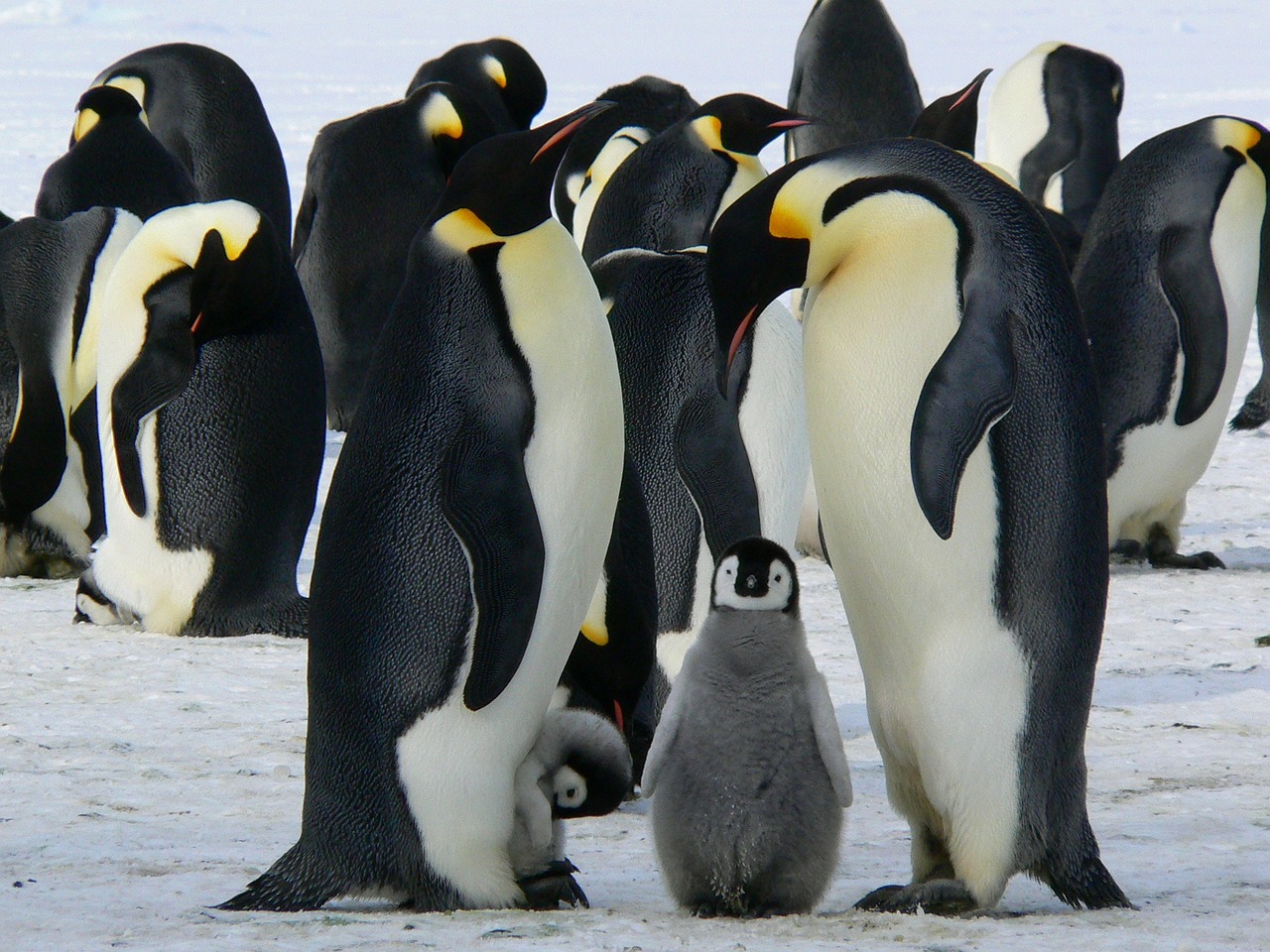News release
From:
The Royal Society
Advances in remote sensing of emperor penguins: first multi-year time series documenting trends in the global population
Proceedings of the Royal Society B: Biological Sciences
Summary: Our study suggests that, across Antarctica, there are fewer emperor penguins in 2018 than there were in 2009, but we do not know the cause of this apparent decrease. Because modeling studies suggest population declines of emperor penguins by the year 2100, we aimed to gain empirical evidence of their global status. We used counts at colonies, satellite images, and Bayesian modeling to learn that changes across the continent varied by region and observed trends were not linked with sea ice conditions. We established a framework for global monitoring of emperor penguins and other ice-obligates in Antarctica.
Attachments
Note: Not all attachments are visible to the general public.
Research URLs will go live after the embargo ends.

Research
The Royal Society, Web page
Please link to the article in online versions of your report (the URL will go live after the embargo ends).
Journal/
conference:
Proceedings of the Royal Society B
Organisation/s:
University of Canterbury, Australian Antarctic Division
Funder:
National Science Foundation (grant no. 1748898) to M.L.R. (grant nos. 1744794 and 2037561) to S.J. and (grant no. 2046437) to D.Z.; National Aeronautics and Space Administration (grant no. 80NSSC20K1289) to S.J.; WWF-UK (grant no. GB095701) to P.F. and P.N.T.; IPEV program
137 ANTAVIA to C.L.B.; AWI program MARE/SPOT to C.L.B. and D.Z.; German Research Foundation (DFG) (grant nos. ZI1525/3-1 and
ZI1525/7-1 to D.Z.



 Australia; New Zealand; TAS
Australia; New Zealand; TAS



